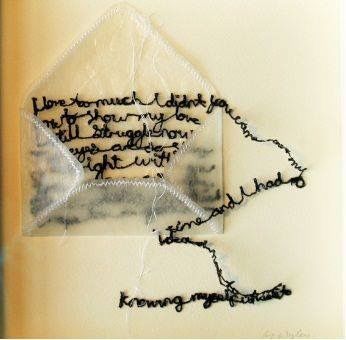Have you ever wondered why words have the power to wound so deeply? I’m still searching for a better answer. We’ve all heard Rihanna singing, “Sticks and stones may break my bones, but words will never hurt me.” But let’s be real—that’s far from the truth. In fact, words often hurt more and last longer. A bruise may fade after a few days, but the sting of a hurtful comment can linger in your mind, popping up again and again, long after the words were spoken. The impact can feel as fresh as the first time you heard them.
I still remember the sting of a comment made by a classmate when I was in elementary school—”Your legs are ugly.” I don’t have gazelle legs, sure, but that comment cut deeper than any physical injury ever could. And it stuck.In the yin and yang of our hyper-connected, digital world, it’s worth exploring what science says about emotional pain. We are social beings, built for connection. Our brains are wired for interdependence. Just as physical pain sends us running toward safety, emotional pain, like loneliness, triggers anxiety and a fear of abandonment. If you hear day after day that you are a disappointment, the emotional pain caused by those words becomes as sharp as a physical wound. In fact, studies have shown that verbal abuse during childhood can actually change the structure of the brain. The wounds may not be visible, but they’re real.
No one would tell you to “just get over it” if you broke a bone. But when it comes to emotional pain—say, after a breakup—how many times have you heard someone say, “Just get over it”? Why is emotional pain treated as less significant than physical pain? If only there were a pill to ease the ache of a broken heart.
Well, there might just be. C. Nathan Dewall, a social psychology professor at the University of Kentucky, conducted a study showing that acetaminophen (yes, the same medicine we take for headaches or fever) can reduce the feelings of rejection and emotional pain. So, maybe, there’s hope for healing after all.

Words have caused some of the greatest wars in history. They have the power to create division, hurt, and pain—but they also have the power to bring people together. They can save situations and even change lives. So why not use them wisely? Never tell someone they are meaningless. It’s not for us to assign meaning to anyone. Instead, help them discover their own worth. Avoid saying, “You don’t understand anything.” That will only make the person feel small. Instead, offer, “Let me help you understand.” With the right words, you can uplift someone instead of tearing them down.
Words can leave scars that take years to heal—some say they never fully do. What kind of weapon is so potent that it can create wounds that last decades? The truth is, words have power. They can build someone up, or they can break them down. They can bring joy, or they can inflict lasting pain. When you speak kindly, when you share love, you not only make someone else happy, but you also feel the warmth that comes from giving. On the other hand, when you tear someone down with harsh words, you may never realize the damage you’ve caused. You may not see the scars, but they’re there.
We all have the potential to make the world a better place, one conversation at a time. You have the choice: You can be the creator of happiness, or the executioner of someone’s spirit. The power is in your hands. Words are the most powerful tools we have—and with that power comes great responsibility. Building beautiful people and creating a positive, compassionate world requires more than good thoughts and deeds. It requires thoughtful, encouraging, and confidence-boosting words that provide the strength to face challenges head-on.
So, let’s choose our words carefully. They’re more than just sounds or letters. They’re the building blocks of the reality we create around us. Let’s use them to lift, to inspire, and to heal.

